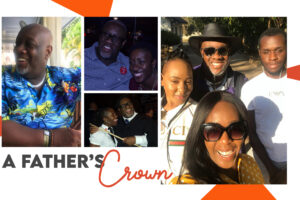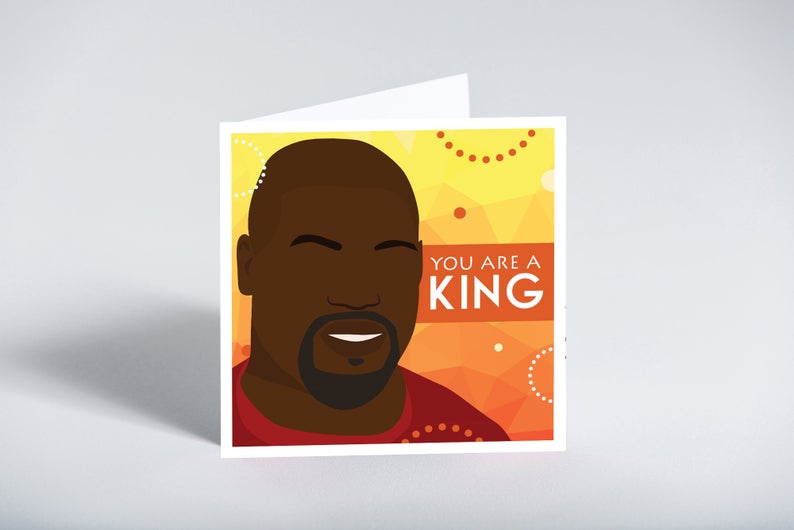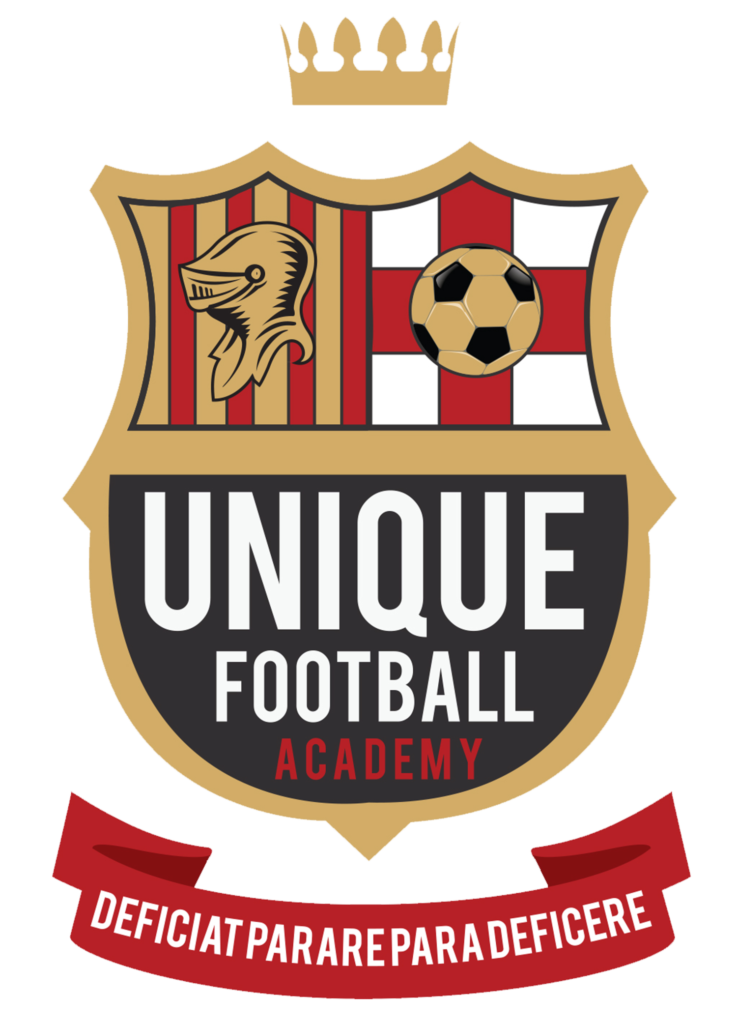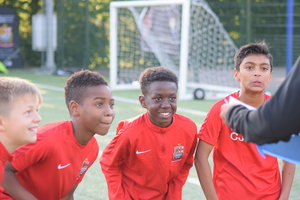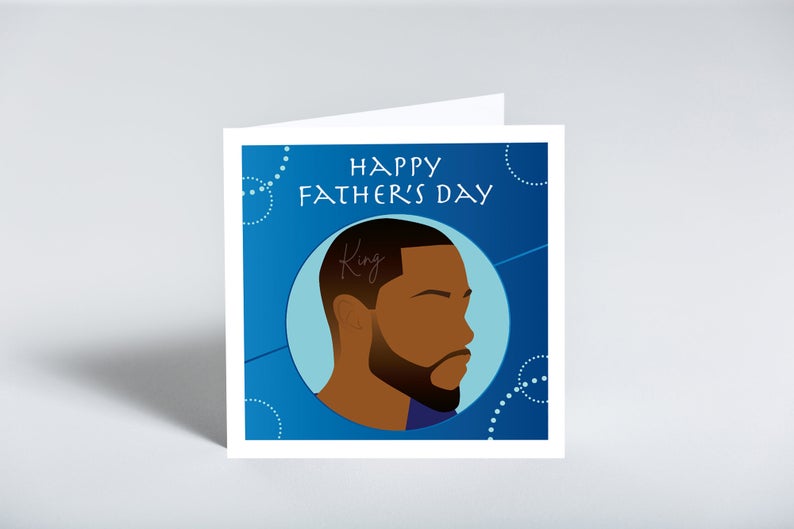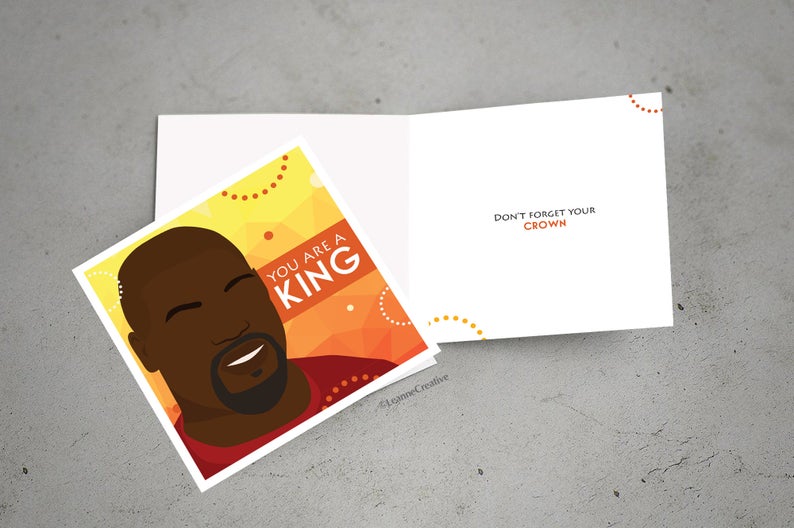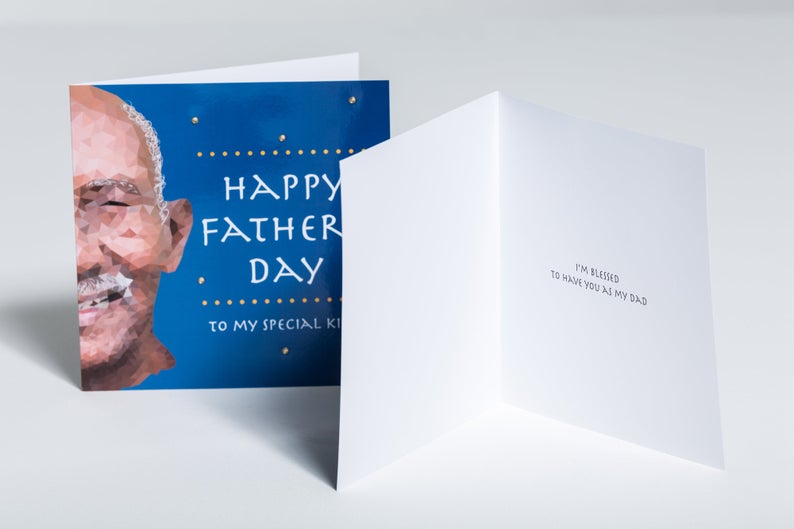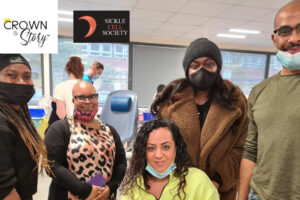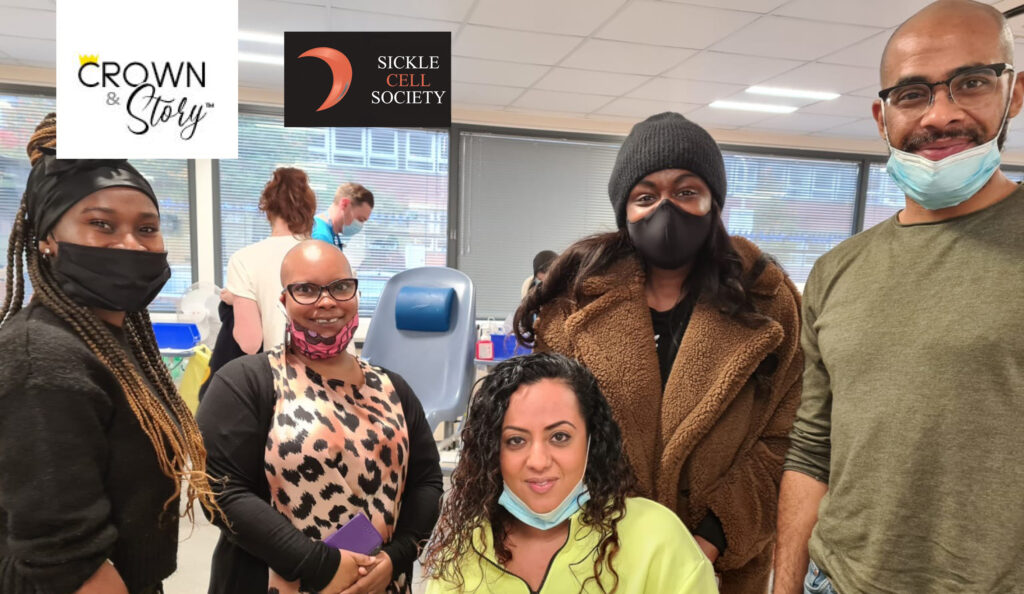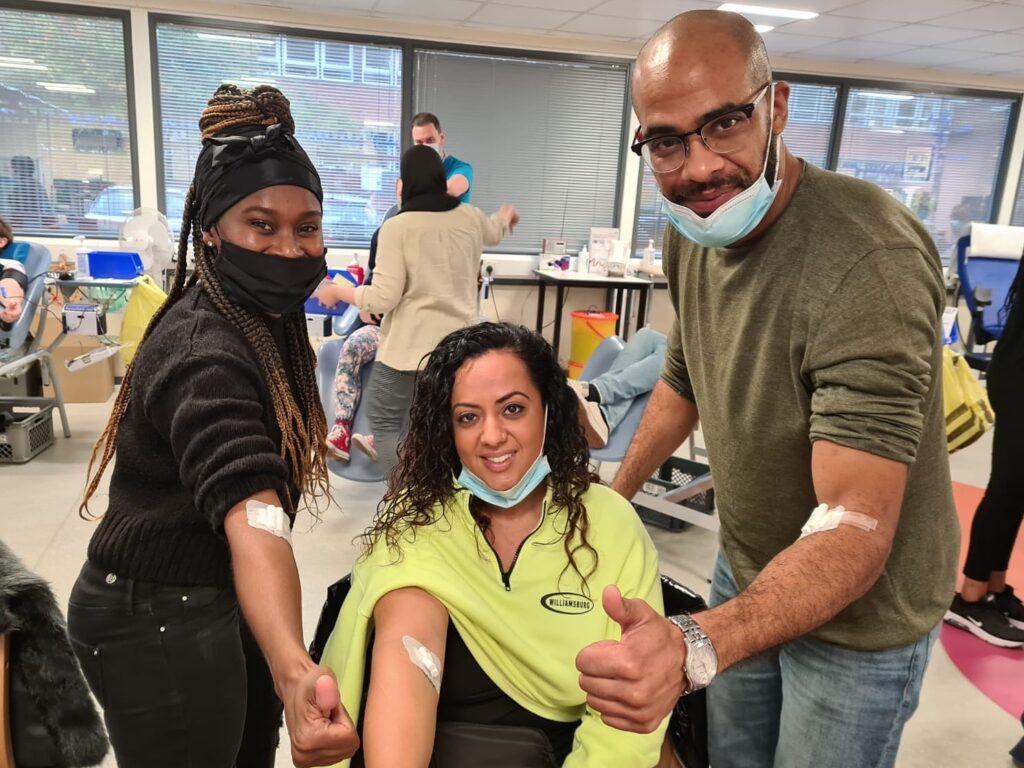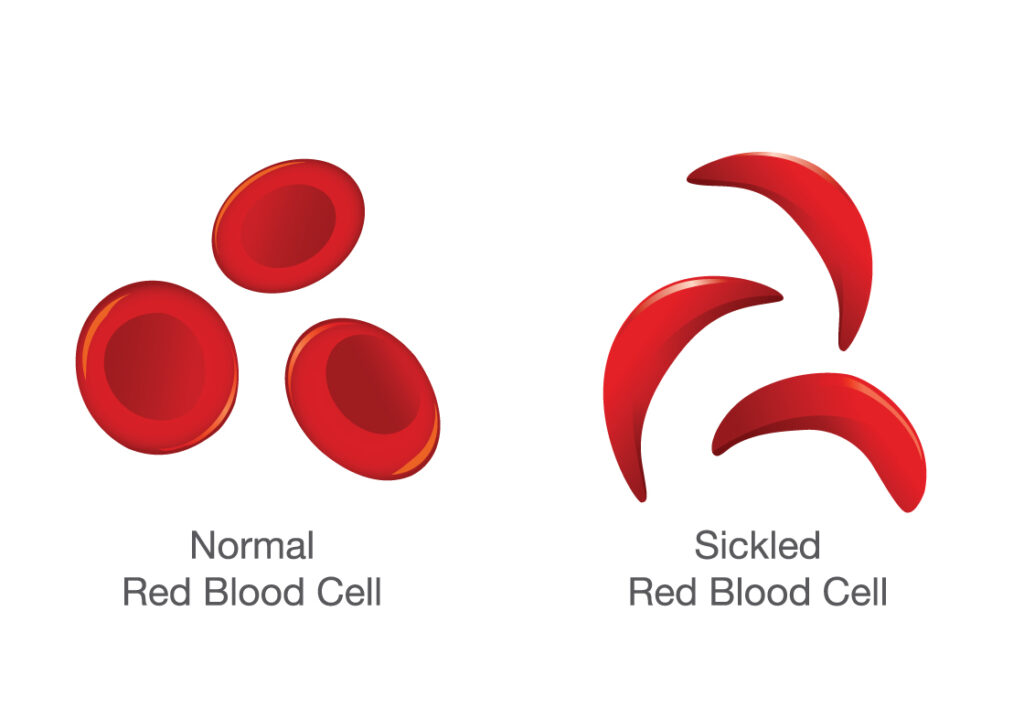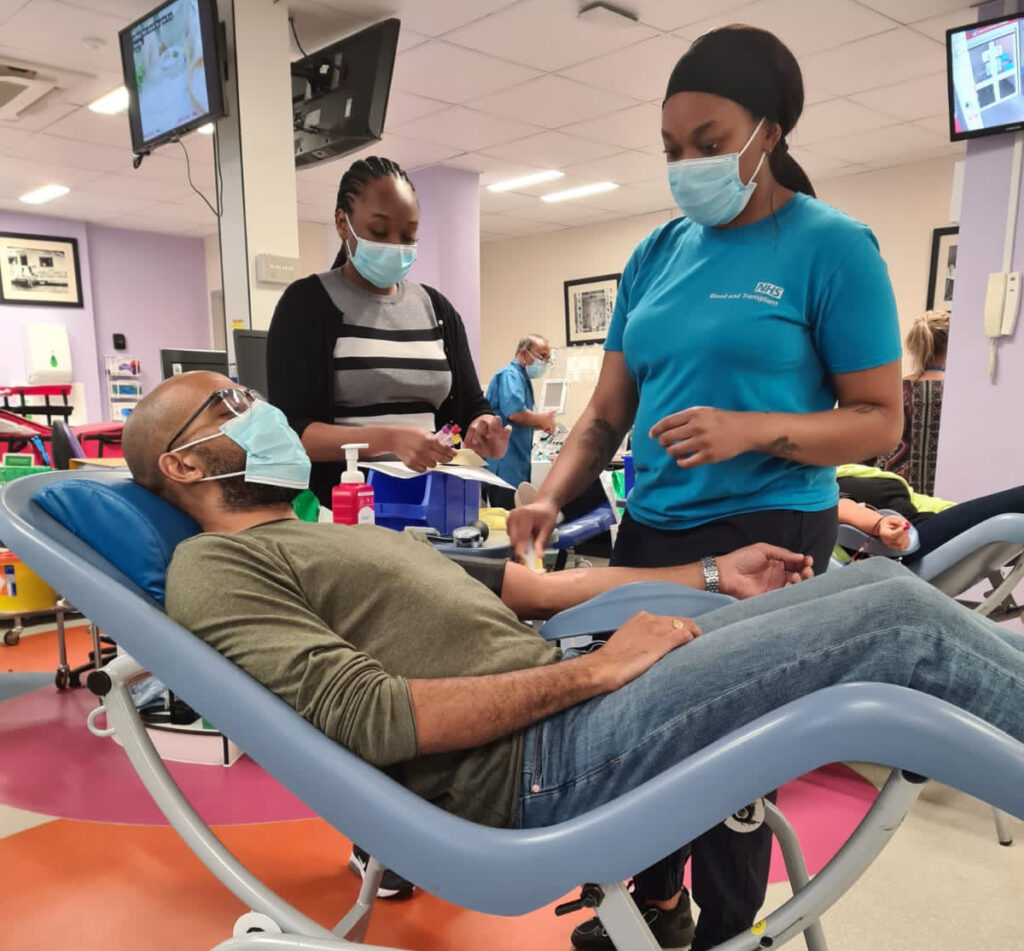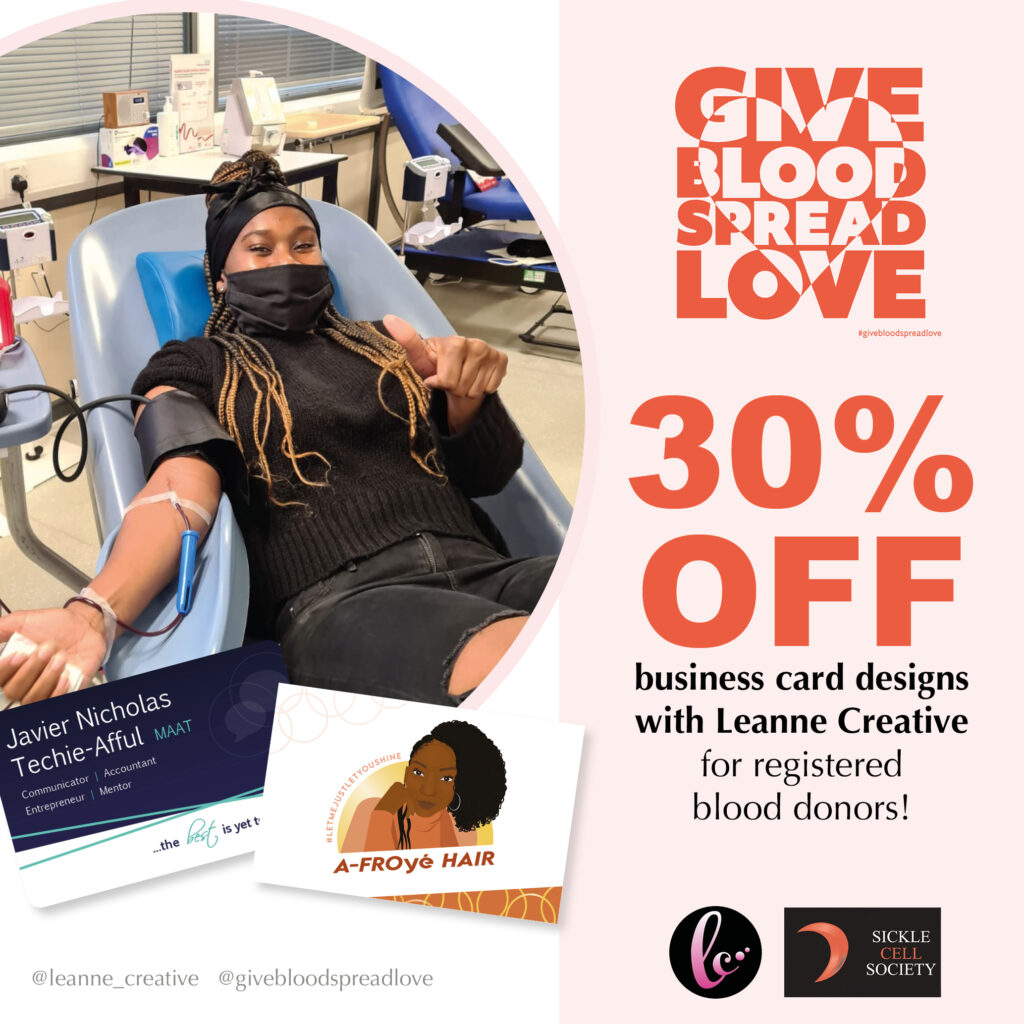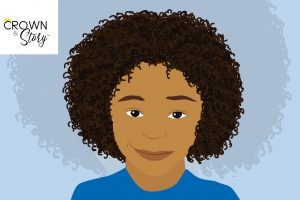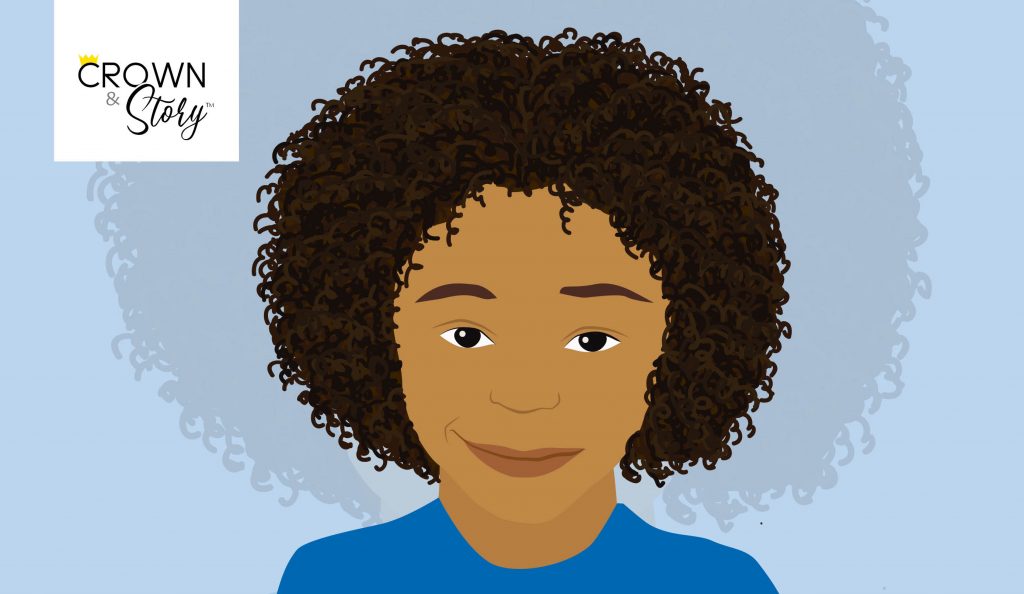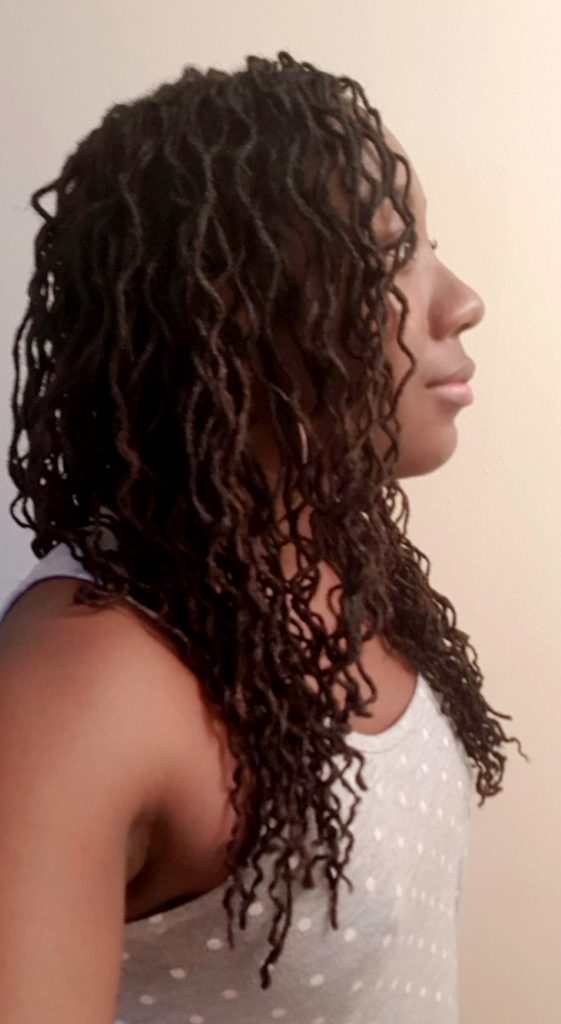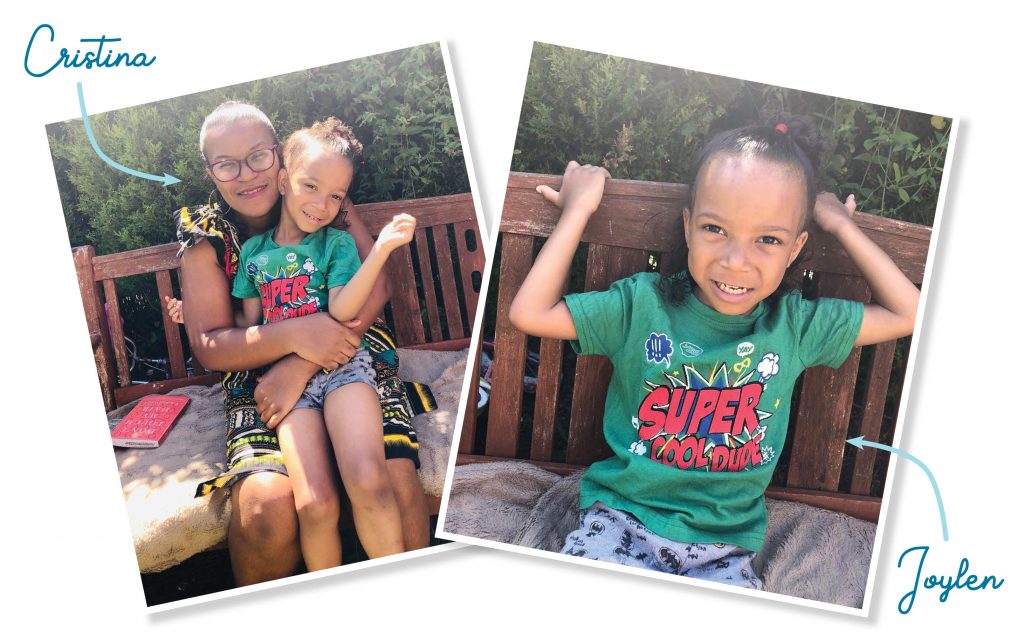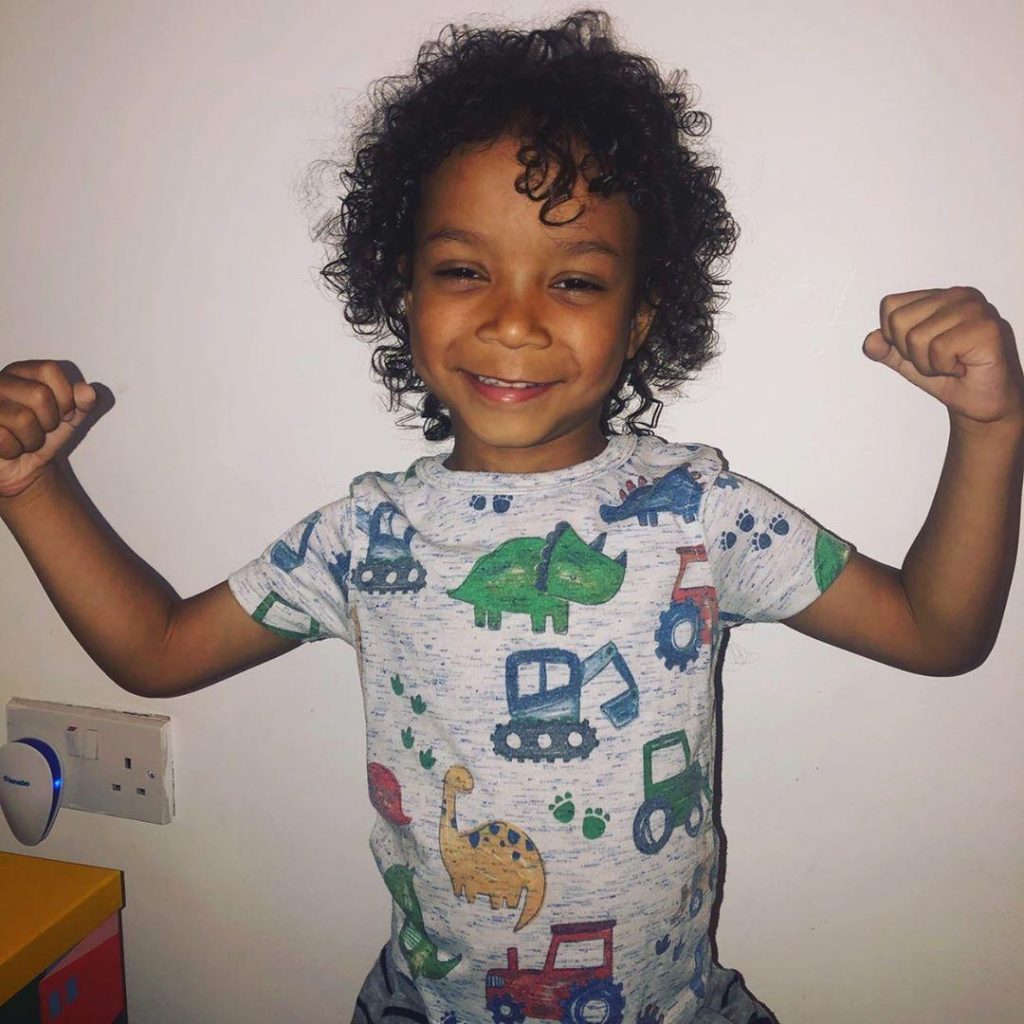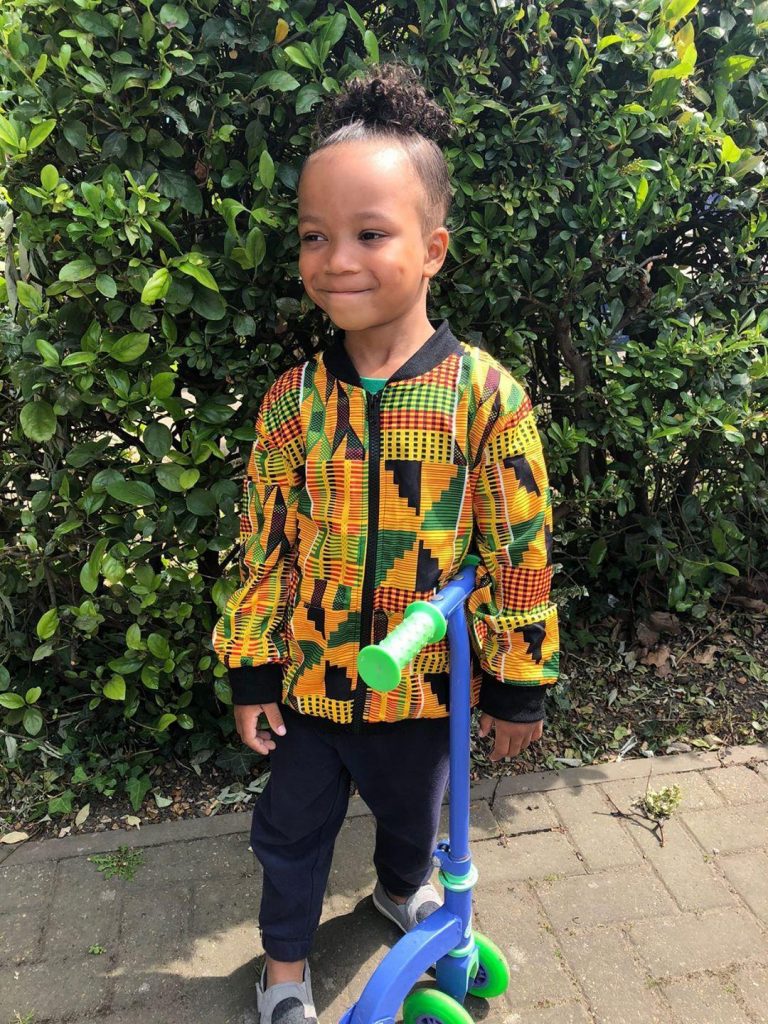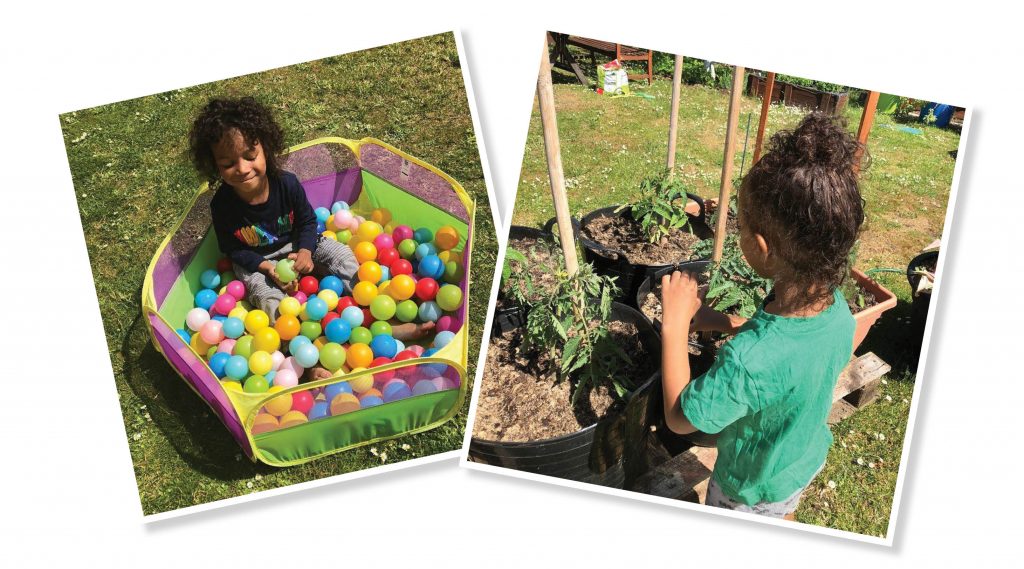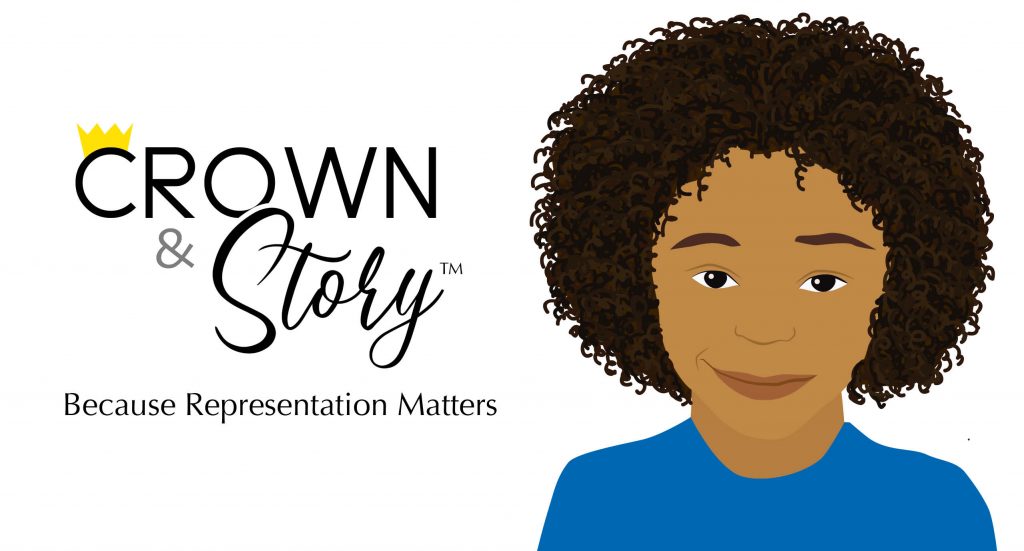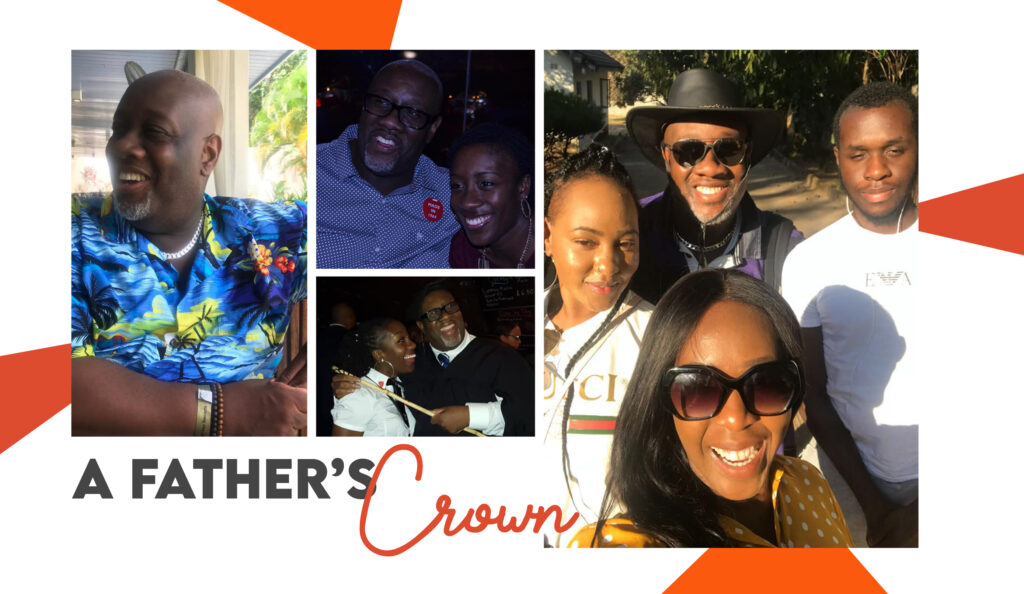
Losing my dad at the beginning of 2021 was the hardest loss I’ve ever faced.
During a time of turmoil for the entire world, many people were losing loved ones to the pandemic and as much as I knew it was very serious, no one can prepare you for the day you lose someone… and I lost a parent. Although my dad passed from other complications, it was still a huge shock to us all but from that shock and grief I wanted to produce something special in his honour… so I did.
Crown & Story
If you’ve not read my previous blogs, I created the Crown & Story category to talk about black and brown people’s experiences and how I use them as inspiration for my designs. In this blog, I will be honouring my dad, what he means to me and the importance black dads or father-figures which lead to me designing a special greeting card.
This is the card I designed to celebrate black kings, whether that be fathers, brothers, uncles or father-figures, past or present. I wanted to create a design that would help people let a king know that they are celebrated and valued on any occasion – birthdays, anniversaries and particularly, Father’s Day.
As a special link to my dad (other than creating an illustration that resembles him), I’ve decided to donate £1 from each sale of this card to Unique Football Academy because my dad was huge football enthusiast – Manchester United in particular. Unique Football Academy provides elite training at grassroots level for children and young people in London and beyond. The money raised will go towards supporting the academy and providing free training to those from underprivileged backgrounds.
Black Fathers
Although my parents aren’t together, my dad was present and very supportive of my goals; he would always say “You’re going to be a star!” and I know he was proud of me. I am very blessed to have had this relationship with my dad (and to gain a beautiful step-mum, brother and sister too), so I want to make sure that people who also have this positive relationship have something to show their love this Father’s Day (20th June 2021).
The above cards are available to order from my shop now, so I hope you feel connected to one and can give one to a special person. Unfortunately, many of the fathers I have spoken to recently feel that Father’s Day isn’t celebrated enough and it’s sad to hear when great fathers feel this way. Society celebrates Mother’s Day far more, but I think dads should get just as much recognition for the love and support they also give their children. You don’t have to give a physical gift or card, but an acknowledgement of his presence will always go a long way because black fathers in particular, are unfortunately tarred with a stereotype of not being in their children’s lives but there are plenty of examples that show otherwise!
I love seeing organisations like Dope Black Dads and Stand Up Black Dads who are ‘inspiring, educating, healing and celebrating black fathers’ and aim to ‘educate, empower and transform the stereotypes of the black dads’ and will do my best to promote these positive narratives.
Thank you
I’d like to take this opportunity to thank everyone who reached out to me during this difficult time – I appreciate you all greatly! It’s definitely not the easiest to talk about (especially as someone with introverted tendencies), which is why I decided to write about it.
My way of dealing with grief tends to be keeping busy and expressing my emotions creatively, and I hope these outlets help people who may have also gone through a similar loss. Losing a parent is so hard, especially when it’s sudden and I’m by no means an expert on how to deal with loss but my humble advice would be to do what works best for you! Everyone deals with it differently and there is no right or wrong way, but try to do it in a healthy way.
Wishing all the fathers out there a Happy Father’s Day – we appreciate you. We celebrate you on the day and every day!
